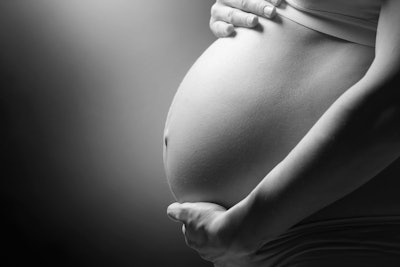
A recent study suggests that stress could amplify the effects of toxic chemical exposure on pregnant women.
The analysis by researchers at the University of California-Berkeley and the University of California-San Francisco found that among pregnant women exposed to harmful chemicals — such as those in cigarette smoke or air pollution — those with higher stress levels were more likely to have babies with low birth weights.
The findings, published in the journal PLOS ONE, were based on a review of 39 studies — 17 involving humans and 22 involving animals — that examined links between chemicals, stress and fetal development.
Although the harmful effects of stress and environmental chemical exposures are each well-known, the recent study is the first to look into their combined impact.
Researchers found that highly stressed pregnant women who smoked were about twice as likely to have a low-birth-weight baby as smokers who were less stressed.
African-American women, meanwhile, were at increased risk of having a low-birth-weight baby compared to white women when both were exposed to ambient fine particulate matter.
The researchers did not investigate the mechanism for how stress and chemicals might interact, and they were not able to determine the magnitude of the effects due to highly varied study results.
But the analysts noted that factors such as educational attainment and socio-economic status played a role in stress levels and raised "an important question of social justice."
“The bottom line is that poverty-related stress may make people more susceptible to the negative effects of environmental health hazards, and that needs to be a consideration for policymakers and regulators," said UC-Berkeley professor Rachel Morello-Frosch.






















